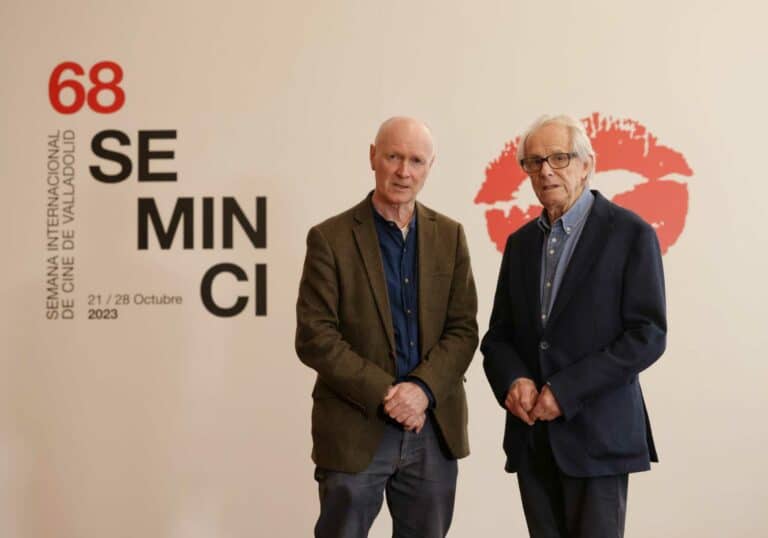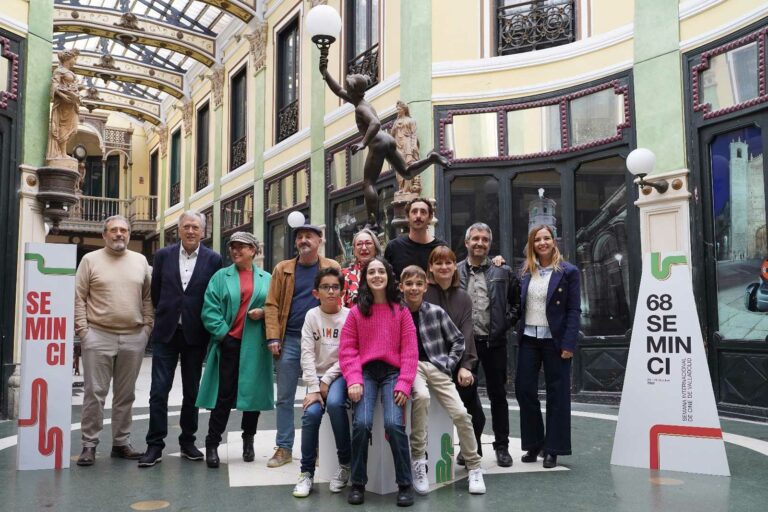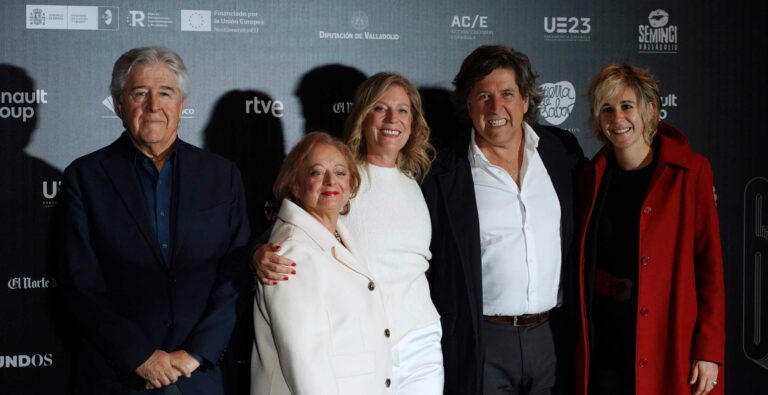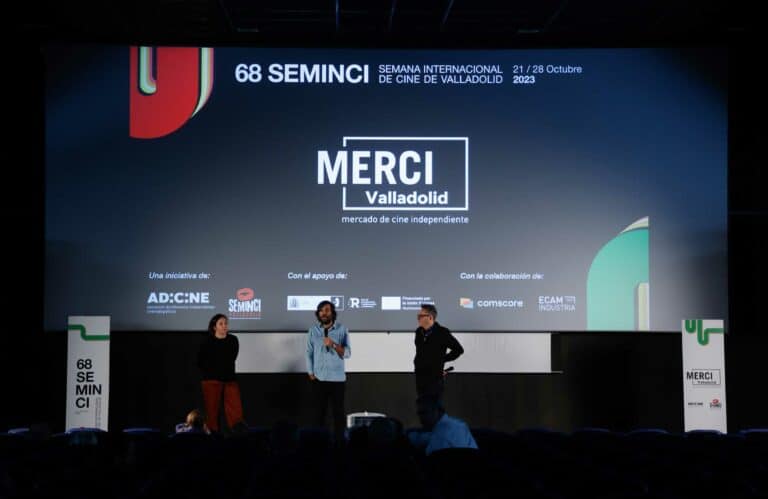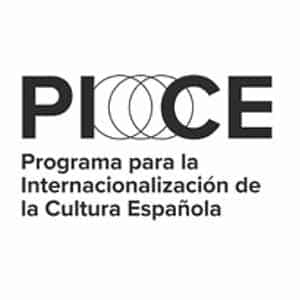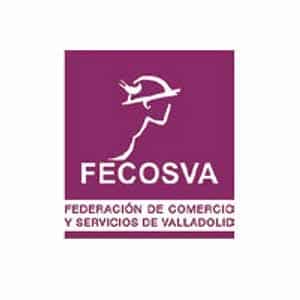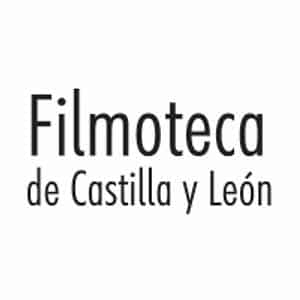The 66th edition of the Valladolid International Film Festival today, Tuesday 26th October 2021, celebrated ts Spanish Cinema Day, and did so by awarding the respective Spikes of Honour to four great professionals of the seventh art in their respective artistic specialities: in acting, José Coronado and Mercedes Sampietro; in cinematography, José Luis Alcaine, and in directing, Álex de la Iglesia.
At a press conference chaired by journalist Eva Moreno, the four filmmakers expressed their gratitude for this Seminci award: “It’s an honour that is increased by sharing it with three monsters whom I have admired since I began,” said Coronado. The star of La Caja 507 [Box 507] and No Habrá Paz para los Malvados [No Peace for the Wicked] recalled how his beginnings with Seminci were difficult, “with a film by Delibes that was received with complaints 35 years ago” (in reference to El Tesoro [The Treasure]). “I set out to get an award sooner or later, I never imagined it would be a Spike of Honour.”
Sampietro stressed that for her the Film Week’s Spike of Honour is “a recognition of great affection,” and that for her life “Seminci is something very important,” where she has shared “good things, bad things and funny things.” In any case, the recognition that the Festival is awarding her today is, ultimately, something to receive “with great enthusiasm.”
Alcaine, more philosophical, assumed that a career award inevitably implies “looking back,” and although he is someone who prefers “looking forward to looking back,” he conceded that “it is very interesting to review and relive periods, moments and films.” All in all, from a bird’s eye viewpoint, the director of photography sees his Spike as “a point and a continuation, a point and a new beginning.”
De la Iglesia, visibly enthusiastic, ironized that he received the Spike of Honour “with horror,” since he still feels like “a kid, a teenager.” He never thought he would receive an award “at this point,” although for him in a deeper sense “the real prize is to meet brothers, that is something very special,” in reference to his three companions in the Hall of Mirrors.
Beginnings, Successes and Futures
At Moreno’s suggestion, the four filmmakers reflected on their first steps in the film industry. Coronado recalled that with his studies in Medicine and Law, in addition to several restaurants, he assumed that cinema “was only reserved for those whose parents could already dedicate themselves to this.” Being able to make a living through acting is for the star of La Vida de Nadie [Nobody’s Life] “a blessing fallen from heaven, it’s a fun and enriching profession.”
Sampietro, aligned with her partner in front of the cameras, also sees her work as an “opportunity”, while Alcaine recalled his difficulties to be accepted in the school of photography directors, “not belonging to any Hispanic conclave.” For one of the most singular professionals in his field of national cinematography, “at that time they considered that I had no idea, because I didn’t adapt to the others.”
De la Iglesia identified his approach to cinema as “of filiation, passion and addiction,” when he looked at cinema as a pantheon of gods “in which there were Loki, Thor and Pilar Miró.” His “love-hate” relationship with his friend Enrique Urbizu, of whom he said he “deeply envies for his talent,” forged the first steps for the author of La Comunidad [The Community] and El Día de la Bestia [The Day of the Beast], who learnt through his work on sets and experiences with props the importance of being in tune with the team, “Don’t think that Saura’s or Pedro’s [Almodóvar] films were made by them, they are directors like José Luis Alcaine who, if they didn’t adjust their diaphragm properly or didn’t love their director, we wouldn’t have Ay, Carmela today,” he explained. “Without them, without any of the three of them, there would be no Spanish cinema.”
The filmmakers honoured at the 66th Seminci’s Spanish Cinema Gala also looked back on their greatest achievements and dared to speculate on their future with a Spike of Honour under their belt. Coronado had no problem in identifying No Habrá Paz para los Malvados as the best decision of his career: “Enrique Urbizu had the courage to break with the established,” and he considered that today’s award “brings more happiness but does not change the way you see your work or the way you see life.”
Sampietro, after a moment of reflection, chose his work in El Pájaro de la Felicidad [The Bird of Happiness], in which he coincided with Alcaine. The latter, on the other hand, took advantage of the question about the importance of the Spike in his career to praise the Valladolid Film Week: “Normally these awards are given to only one person for each edition of the festival, but it’s wonderful that Seminci has chosen to award four people from four different departments and sit them here today together to talk about cinema.” This reflection led him to defend the experience of watching films on the big screen and in a cinema: “There is a union between the audience and us that is lost in the solitary viewing at home.”
Furthermore, De la Iglesia considered it hard to choose a single moment that stood out above the rest: “In life there are good times, terrible times, and wonderful things that happen in terrible times.” However, with the intention of being essentialist and answering the question posed, the creator of 30 Monedas [30 Coins] stressed that “every film is a war: cinema accelerates life and in that sense everything becomes important; your friend is your soul friend, and you need to use all your charisma to seduce and trap the one who says he is ‘just a professional’, which we know is a lie, so that he loves you with all his strength and you manage to make an extraordinary film together.”




